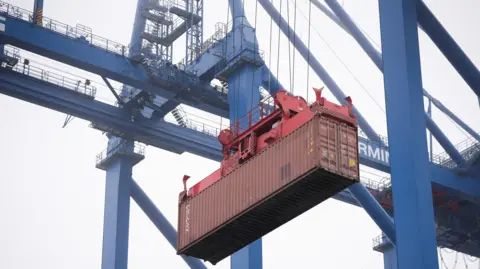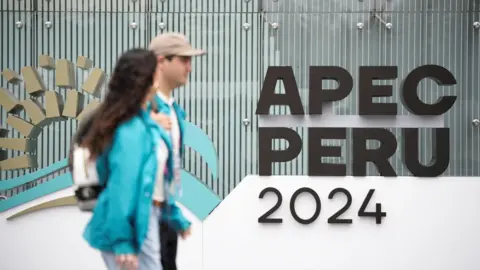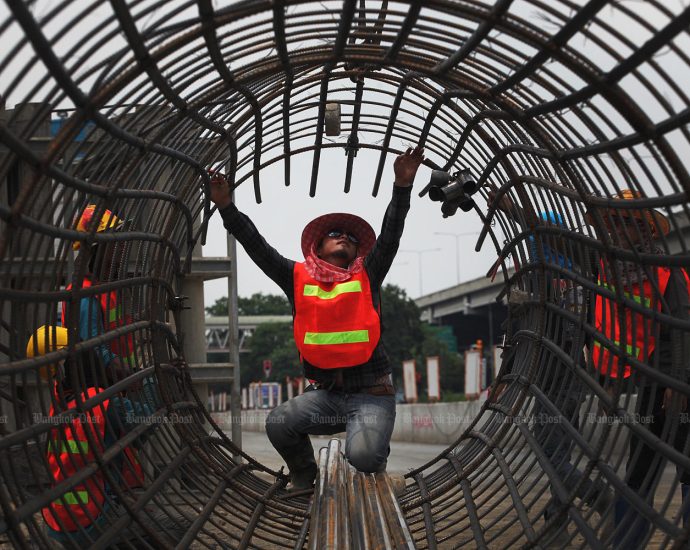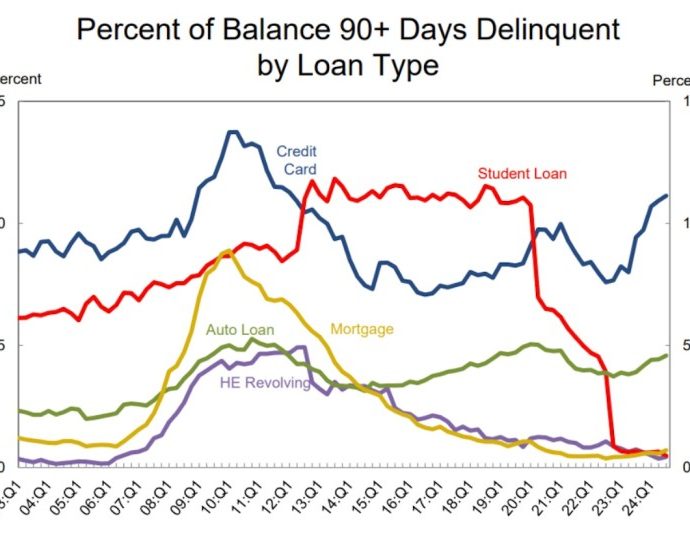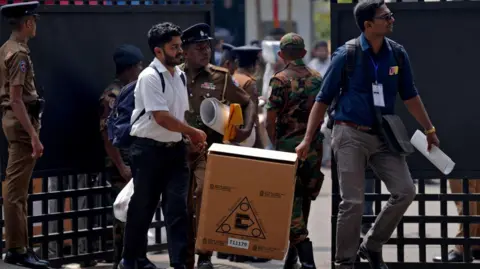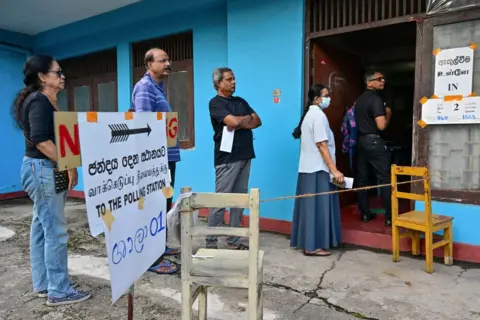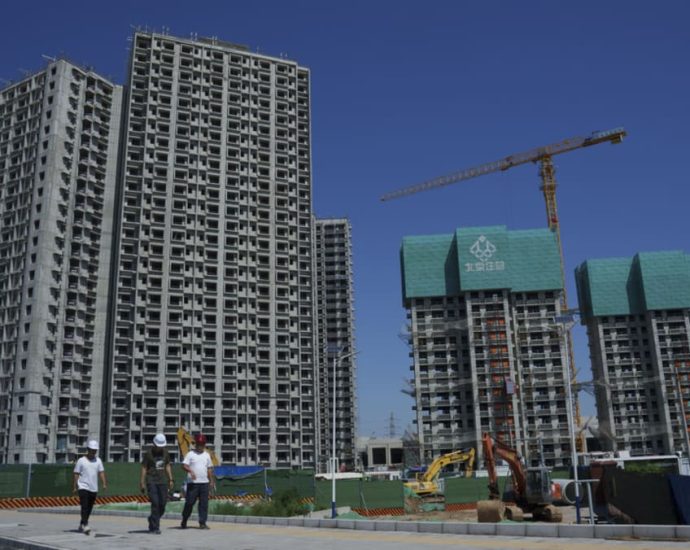To Donald Trump, From Han Feizi – Asia Times
Come, you masters of war, you that build the big guns
You that build the death planes, you that build all the bombs
You that hide behind walls, you that hide behind desks
I just want you to know I can see through your masks
– Bob Dylan
The historical Han Feizi of the second century BCE was China’s greatest Legalist scholar, whose ideas the Qin Emperor used to consolidate the Chinese state for the first time. Westerners could do worse than think of Han Feizi as China’s Niccolo Machiavelli. The similarities are uncanny despite a separation of 1,700 years and 8,000 kilometers.
Han Feizi has been making a comeback, becoming perhaps the third most discussed of China’s ancient sages and philosophers – right behind Confucius and Sun Tzu. President Xi is surely responsible, invoking Han Feizi in speeches, “When those who uphold the law are strong, the state is strong. When they are weak, the state is weak.”
Xi’s unyielding anti-corruption campaign draws from legalist tradition, wielding power through the punishment lever. But enough ink has been spilled on Han Feizi and the Legalists’ influence on Xi’s China.
Yours truly is more interested in what Han Feizi makes of the second coming of Donald Trump, what advice he would give the president-elect and what pitfalls he sees arrayed before America’s populist and perhaps authoritarian sovereign.
For mysterious reasons, Asia Times has the ability to channel history’s spirit world, conjuring the ghosts of Oswald Spengler and Cardinal Richelieu. It is now time that yours truly, after cosplaying the Legalist scholar for a year, does the esoteric seance and formally calls forth the Ghost of Han Feizi.
“Stay back, all of you. I’ve come for one person and one person only,” I yelled through the portal, Pingduoduo electric mosquito swatter in hand, “Not you Confucius, nor you, Xunzi – a gentleman scholar Donald J Trump is not. And Mozi… go away, you’re totally useless. Maybe you can go comfort Kamala.”
“Y-y-you called for me?” Han Feizi said, as his apparition appeared behind the other sages, “A-a-after all these y-y-years? A-a-a-re m-m-m-my s-s-services r-r-r-required?”
“It’s you,” I said, “It’s really you! Yes, come, come… I’ve prepared a writing desk with silk parchment, brushes and ink. Don’t talk. I know your stammer gets bad when you’re nervous. Just write. We will take a picture of the manuscript and run it through Baidu translate when you’re finished…
“Oh, taking a picture is when you… ummm… and Baidu translate is… uhhh… never mind… sit down… relax. Let me tell you what has happened in the past 2,200 years. Let me tell you about a new empire called the United States of America. And let me tell you about the rise to power of its latest emperor – the strange, strange tale of Donald J Trump…”
BAIDU TRANSLATION OF HAN FEIZI’S MANUSCRIPT
This new empire – this United States of America – has been expanding for almost 250 years. It’s not so new at all. Forgive me for being impressed; if I recall correctly, the Qin Emperor dispatched me to the spirit world before I had a chance to witness the application of my life’s work.
Most impressive about this Empire of the United States of America is that it has lasted 250 years without an emperor like Donald J Trump. The lands of the United States of America are truly blessed. When the land is bountiful and the people are few, husbands do not have to till the fields for the seeds of grass and the fruit of trees were enough for people to eat.
And wives do not have to weave for the skins of animals and birds provided sufficient clothing. There is an abundance of goods and so no one quarreled. Therefore no rich rewards were doled out. No harsh punishments were administered and yet the people themselves were orderly.
In my time, the Sinic-lands were already teaming with people and kingdoms and warlords. No one regarded five sons as a large number and these five sons in turn had five sons each so that before the grandfather has died, he has 25 grandchildren.
Hence the number of people increased, goods grew scarce and men had to struggle and slave for immediate living. Therefore they fell to quarreling and though rewards were doubled and punishments were piled on, they could not be prevented from growing disorderly.
This Empire of the United States of America had been feasting on the bounty of expansion – westward across a continent, into the ocean and right up against the Qin Empire’s shores (which 2,200 years later is now called the People’s Republic of Qin… not too shabby of me, if I do say so myself).
Across its eastern ocean, the Empire of the United States of America controls the geriatric continent of its origins and the lands from which its sacred texts emerged. But this empire controls these regions shabbily.
Greed and weakness have entangled the empire in unnecessary military conflict, draining resources and enticing challengers. Tianxia – all under heaven – is not at peace (Tianxia is a giant round ball? I can’t wait to tell Sun Tzu… it will blow his mind).
Internally, the Empire of the United States of America is beset with disorder. This empire is governed in the most peculiar way, with levers of power surrendered to venal merchants. Impoverished barbarians are entering the empire through unguarded borders.
Prices of goods have surged. Crime and squalor have swallowed up large swathes of once-great cities. The people are angry and the distractions of sports ball, undressed girls, moving paintings, trinkets, games of chance and soothing medicines are not enough to prevent disorder and quarrelling.
On the surface, this Donald J Trump, this crass merchant, this boastful cretin, this blathering buffoon, appears to be wholly incapable of rising to power. And yet here he is.
A sage ruler waits empty and still and must not reveal his desires, for if he reveals his desires, his ministers will put on the mask that pleases him. He must not reveal his will for if he does so, his ministers will show a different face.
From a place of darkness, the sage ruler observes the defects of others; see but does not appear to see; listen but does not appear to listen; know, but does not let it be known that he knows.
Emperor Donald J Trump appears to violate all of these maxims. And yet, he has not. As much as this emperor talks, the quantity and volume of his words mask a loud silence. He has said everything and revealed nothing. No one knows what he is plotting, putting all his ministers, all his subjects and all rulers of foreign lands on edge.
The emperor’s enemies are convinced that he is capable of every sort of bestial horror. The emperor’s friends believe he is just short of divine, capable of making the fallen empire great again. The emperor’s foreign adversaries vacillate between dismissing his buffoonery and sweating over the chaos he might unleash. The emperor’s ministers supplicate themselves before him, hoping to be rewarded with high office and fearing the punishment of his immortal words, “You’re fired!”
Emperor Donald J Trump is still learning. After the throne was wrested away by a lesser man, he spent four years in the wilderness contemplating his missteps. He had made many mistakes, chief among them was appointing ministers with hidden agendas with designs on the levers of power.
Reclaiming the throne from the lesser man and his band of imbeciles was a trivial feat. Avoiding past mistakes will be the greater challenge. Tigers prowl the palace halls, coveting the throne.
That is my diagnosis of the maladies afflicting the Empire of the United States of America. My prescription will be addressed directly to the emperor himself.
Your majesty, Emperor Donald J. Trump:
You have done well reclaiming the throne. But now the hard work begins. You are now surrounded by courtiers and supplicants, each with capabilities, incompetencies and agendas. When appointing ministers, you should:
- Assign one man to each office and do not let men talk to each other and then all will do their utmost.
- Hide your tracks, conceal your sources so that your subordinates cannot trace the springs of your action.
- Discard wisdom, forebear ability so that your subordinates cannot guess what you are about.
- Stick to your objectives and examine their results to see how they match.
- Take hold of the handles of government carefully and grip them tightly. Destroy all hope and smash all intention of wresting them from you. Allow no men to covet them.
If you do not guard the door, if you do not make fast the gate, then tigers will lurk there. Ministers like Marco Rubio, Peter Hegseth, Mike Waltz and Matt Gaetz are easily tamed. Rewards and punishments will collar and chain these tiger cubs and they should eat from your hand.
More dangerous are the tigers who believe themselves emperor makers – Miriam Adelson, Tim Mellon, Linda McMahon and one very wealthy, very capable and very ambitious Elon Musk. Concern yourself not with geriatric cases like Adelson, Mellon and McMahon; their interests – money and clan – are pedestrian and transparent. But Elon Musk, this merchant, this self-promoter, this manufacturer of useless trivia, must be brought to heel post haste.
Minister Elon Musk is a man of celestial talent and with that comes commensurate ambition. Given the misfortune of his birth, he has no claim on the throne. Unfortunately, for a man of his caliber, to not covet the levers of power is impossible. If you think you have tamed him by shunting him off to write reports in a made-up ministry, make sure that is exactly what you have done.
Sinecures and made-up ministries will not placate this man. He has already done an end run around the palace with the naming of this ministry – DOGE (the Department of Government Efficiency) – putting his personal brand on your government department. Two roosters cannot occupy the same henhouse and you have invited this rooster in.
Given the vast resources at his disposal, Minister Elon Musk will attempt to apply the two levers of power on you, rewarding you and punishing you to do his bidding. That is what a sovereign must suffer when power has been surrendered to merchants. For guidance, look across the ocean to the People’s Republic of Qin. The sovereign showed unruly merchants their place and order now permeates his empire.
If the two levers of power – reward and punishment – cannot subjugate merchants, these vermin will infiltrate the state and drain it of vitality. You must restrain these ministers with clear laws or risk rending asunder the state as ministries vie for power. If you cannot make the law clear and use it to restrain the authority of the high ministers, then you will have no means to win the confidence of the people at large.
If you discard the law and instead attempt to use some of your ministers to control others, then those who love each other will band together in groups for mutual praise, and those who hate each other will form cliques for mutual slander. With praise and slander striving to shout each other down, you will become bewildered and confused.
All under heaven do not know what your plans are for Ukraine, Israel, Iran, the People’s Republic of Qin, the surging price of goods, rising government debt, illegal barbarians, trade policy, industrial policy and your enemies deep within the bureaucracy.
It is vital that your ministers do not know either and merely implement what they have promised for the solutions to these problems are difficult and contradictory – some problems and some ministers must be sacrificed for others. It is your burden to ascertain the intentions and desires of ministers and place them in their positions ignorant of your ultimate designs.
Undertakings succeed through secrecy but fail through being found out. If you have not yet divulged your plans but in your discussions a minister deduces your intent, then he must be ruthlessly dispatched. If you are ostensibly seeking one thing but actually attempting to accomplish something quite different, you must destroy ministers who catch wind of your plans.
For now, I commend you for your wily ability to reveal nothing even while saying everything. Nobody can pin down what you believe, perhaps not even yourself. You promised to end the European war on day one of your coronation but have just appointed ministers who couldn’t be less willing to do so.
You have wage laborers in your corner and yet merchants and money lenders are rubbing their hands together. You threaten commercial war with the People’s Republic of Qin and yet you invite their magic chariot makers into your empire. These are all excellent moves. Keep your options open. Let no minister in your court or the court of your adversaries divine your intentions, for if they do, they will conspire to thwart you.
The portal to the spirit world is open for only so long and I will soon have to return. I cannot leave you without specifically addressing the Empire of People’s Republic of Qin. After a short blip in history, the descendant of Qin is returning to its role as the celestial center of civilization.
The Empire of the United States of America is thus careening towards confrontation with the People’s Republic of Qin (I can’t wait to tell Sun Tzu about everybody’s flashy weapons… it will blow his mind). Expansion in Tianxia is now treacherous as powerful empires and their vassals butt up against each other (Tianxia is one giant round ball? That will never stop being funny :D).
The disorder you see in the Empire of the United States of America is the result of thwarted expansion, squandering lives and treasure in far-off lands. The neglected home front fueled your rise to power and, with your permission, the necessity of Legalist government.
The Sinic lands reached carrying capacity in my lifetime and the subsequent Qin Empires have had 2,000 years of practice implementing Legalism. Their current emperor is well-schooled in the dark arts while you are learning on the fly and relying on instinct, excellent as they may be. What the emperor of the People’s Republic of Qin has but you lack is methodical discipline. He knows what he wants and how he will get there even if we do not. Do you know what you want?
With religious certainty, your tiger cub ministers are eager to confront the Empire of the People’s Republic Qin – which has been sharpening swords, making projectile arrows, building war junks and invisible flying machines. They have reorganized their craftsmen and traders to prepare for commercial war. Has the Empire of the United States of America adequately prepared for military or commercial conflict with the People’s Republic of Qin?
The portal is closing and I must bid you farewell. I wish you good fortune in you political endeavors and hope the Empire of the United States of America can adopt a Legalist government and last as long as the Empire of Qin.
Until we meet again…
Sincerely,
Han Feizi













